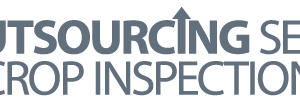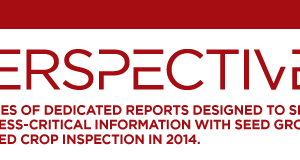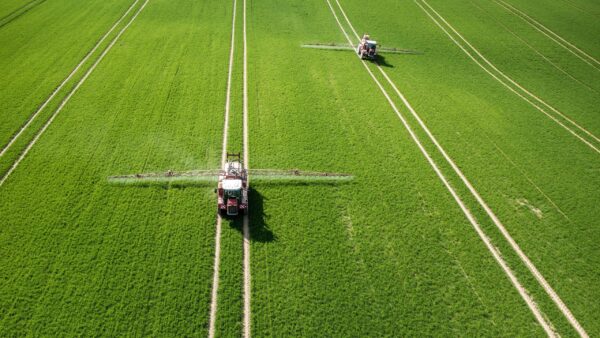Regulatory Roundup
Provincial
Winnipeg BioVision Seed Labs CFIA Accredited
The Winnipeg location of Alberta-based seed laboratory BioVision Seed Labs has officially been accredited by the Canadian Food Inspection Agency to test crops under all grade tables, excluding Table XII and orchardgrass (Table XI). This accreditation will complement the grain grading services that are currently offered at the Winnipeg lab, giving customers located in the Eastern Prairies improved service options. In addition to providing convenient and timely services to the Eastern Prairies, CFIA’s accreditation enhances the Winnipeg facility’s service offerings to include testing for physical purity and germination. Routine tests such as 1,000 kernel weight, cool stress testing, green seed and tetrazolium testing will also be performed at the Winnipeg lab.
National
Marketing Freedom Act Passed
The Marketing Freedom for Grain Farmers Act has been passed into law, giving wheat and barley farmers the freedom to market their wheat or barley as they choose, whether that is with a grain company, processor or the Canadian Wheat Board. Western wheat and barley farmers now have the freedom to forward contract for the delivery of wheat and barley to the CWB or the buyer of their choice for delivery after August 1, 2012. The Government of Canada says it will continue to work with the CWB, farmers, the grain value chain and provincial partners to ensure an orderly transition to a dual-marketing system that encourages farm and industry entrepreneurs to seize new markets, increase sales and drive the Canadian economy.
Canadian Grain Commission Evaluates Chlorophyll Content
The Canadian Grain Commission’s evaluation of an objective test for measuring chlorophyll content in canola is close to completion. Research scientists and inspection experts at the CGC have been evaluating near-infrared reflectance spectroscopy instruments for measuring chlorophyll. The results should be available for spring 2012, at which time a decision about adopting this technology could be made.
International
CFIA Streamlines Seed Import Pre-Clearance Procedures
The Canadian Food Inspection Agency now has the ability to streamline pre-clearance procedures for imported seed, preventing backlog at the border and allowing approved seed to reach its destination more quickly. Effective immediately, the CFIA can complete the conformity assessment and issue the required documents in advance for all imported seed that meets Canadian import requirements. When the shipment arrives at the border, the associated documentation will be verified and the seed can continue to its destination. The Government of Canada is committed to reducing barriers to trade for our producers while protecting Canada’s plant resource base from pests and diseases. The CFIA will continue to monitor imported seed lots through regular sampling and testing, both at the destination and in the market place. The CFIA’s seed sampling and testing program is designed to maintain a supply of quality seed for Canadian seed companies and producers while preventing the entry of prohibited seeds from noxious weeds and invasive plants.
Evaluation Report on EU’s GMO Legislation
The long-awaited evaluation report on the EU’s legislation on the cultivation and food and feed use of GMOs has been published by the European Commission. “The report is clear in its finding: the EU’s authorization system for cultivation of GM crops does not work,” says Garlich von Essen, secretary general of the European Seed Association. The commission underlined that the most important point—the unblocking of the authorization of new GM events—is already addressed by its proposal to re-nationalize the authorization for cultivation while maintaining the EU-level safety assessment. “The European seed sector has always underlined that such an approach is unworkable with a zero-tolerance policy for the inevitable mixing of GM and non-GM production in seed and fields. The report clearly underlines that this policy is causing a growing dis-harmonization and legal uncertainty for agri-food operators. We urge the commission to address this issue as a matter of utmost urgency in the coming months.”
Argentina Approves Syngenta’s Triple Stack Corn
Syngenta has announced that the Ministry of Agriculture in Argentina has approved its triple corn stack Bt11 x MIR162 x GA21 for cultivation in the country. The triple stack, which has already been successfully launched in Brazil, will be available to Argentine growers for the 2012/2013 season.












